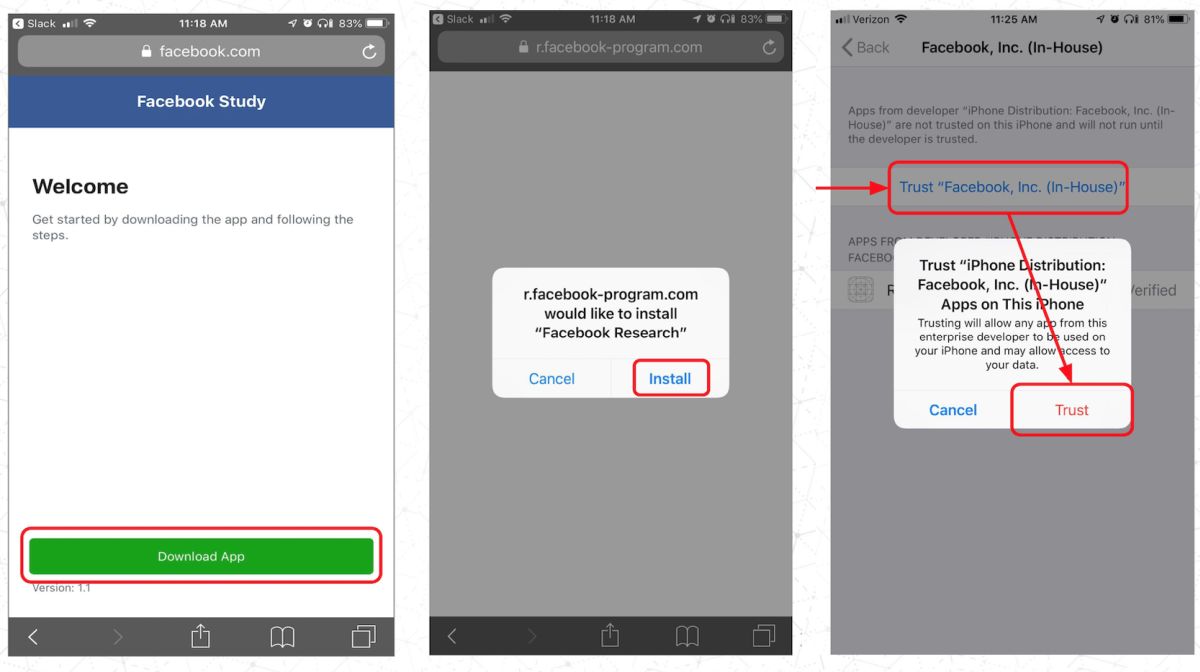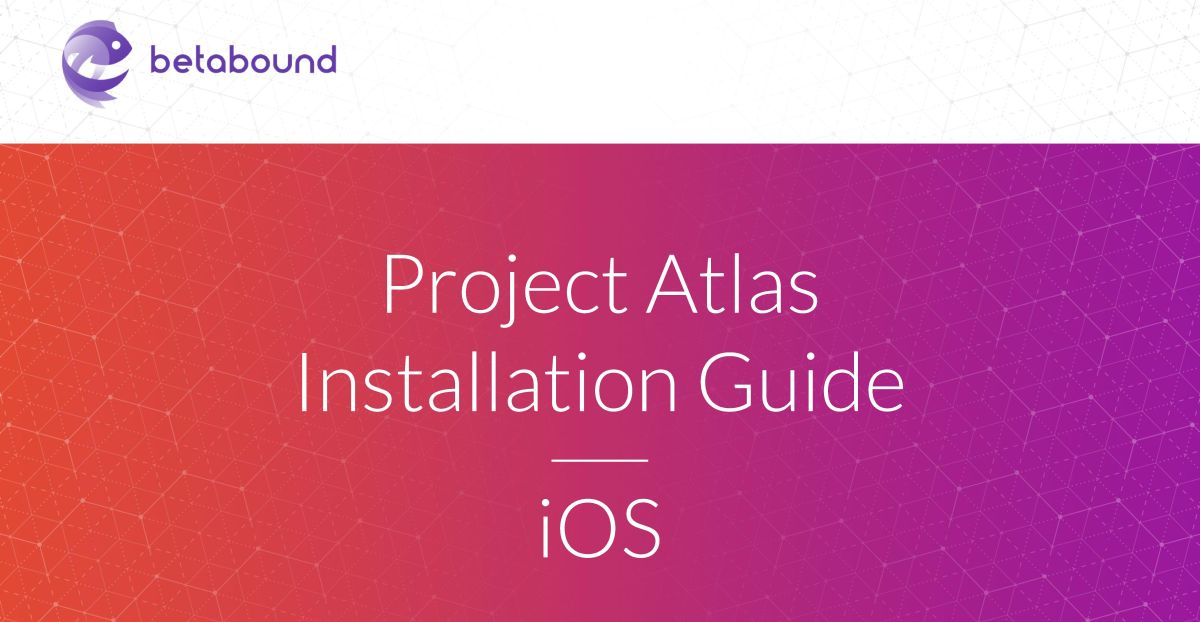ORIGINAL STORY (12:35pm): 2018 was a tumultuous year for Facebook, with the company slowly trying to pick up the pieces from the Cambridge Analytica scandal, stolen login IDs, and getting caught for sharing its consumer’s data with several major brands. Recently, it was discovered that the social network had been paying people on the side to let them gain total access to their mobile devices. The social media platform had secretly been paying Facebook users between the age of 13 and 25 years a monthly fee of US$20 (~RM82) – plus some referral fees – just to let the company install a “Facebook Research” VPN (Virtual Private Network) either on their iOS or Android device. Once installed, the VPN virtually gives Facebooks access to the users’ phone and online activity. The VPN in question is more or less a mirror of the Onavo Protect app that was banned from Apple’s App store last year. Unlike Onavo Protect though, the “Facebook Research” app can be installed without the need to go through the Apple App Store. That act alone is already a violation of Apple’s policy, who has some of the most stringent requirements and regulations of its own ecosystem.
According to TechCrunch, who first reported the story, Facebook’s covert activity has been on-going since 2014, when it had acquired Onavo for a sum of US$120 million (~RM493 million). The VPN that ultimately became the backbone of the Facebook Research app. It wasn’t until 2016 that the social network began distributing its then new VPN.
By 2018, Facebook was trying to cover up its involvement and activities. To that end, the company began masking its research program as Project Atlas on sites that had no mention of Facebook, whatsoever. To Facebook’s credit, the social media platform did admit up to TechCrunch about its Research Program. However, the brand also said that it had no intentions to stop gathering data on the participants’ data. (Update 30 January 2018, 6:40pm): It appears that Facebook is shutting down its “Facebook Research” app and program on the iOS. According to The Verge, Facebook explained that the individuals it targeted were actually volunteers who participated in their program, and were paid US$20 (~RM82) not in cash, but in the form of gift cards. As we had reported earlier as well, the discovery of Facebook’s program clearly didn’t sit well with Apple, which the latter clearly views as a violation of its developer guidelines of harvesting user data for a company’s personal gain. As for Android users, Facebook says that it will still continue the program on the Android OS. (Source: The Verge [1] [2], TechCrunch, 9to5Mac // Image: TechCrunch)

